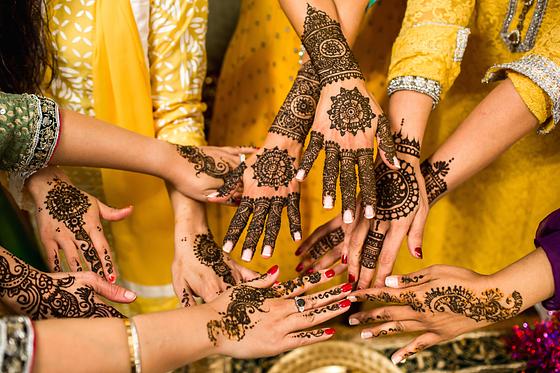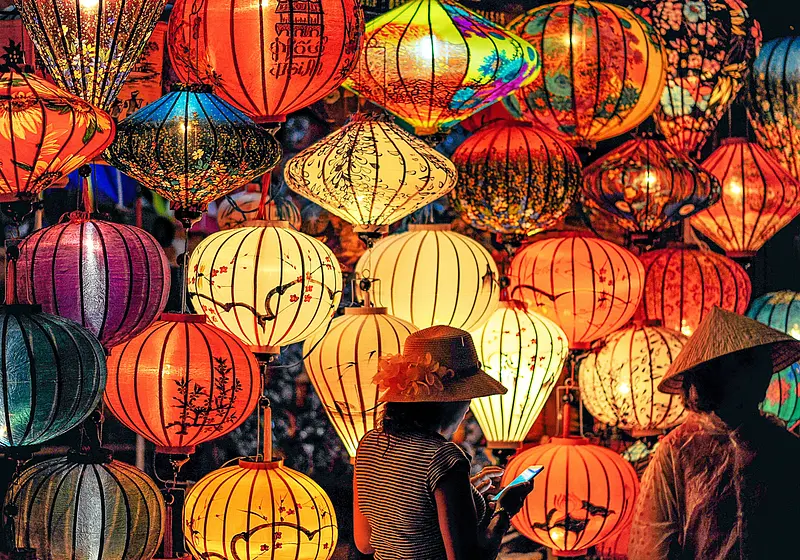In our world today, things have become increasingly political and polarizing. With each side digging its heels in the sand and sticking to its ground, the line between curiosity, ignorance, humor and what is offensive changes far too rapidly. Cultural appropriation is one of the issues that has been the subject of these changes.
On a daily basis, influencers, celebrities, and even your average Joe are getting canceled for hopping on a trend “appropriated” from another culture. In this state of hyper-awareness, the question remains: are you really appropriating?
Let us slide into your dms 🥰
Get notified of top trending articles like this one every week! (we won't spam you)Defining Appropriation
To answer all these questions, a clear definition of culture, appropriation and appreciation needs to be understood first. Culture, according to LiveScience, is “the characteristics and knowledge of a particular group of people, encompassing language, religion, cuisine, social habits, music, and the arts”. Culture is everything that encompasses our social structure-our rituals, habits, practices, ideas and philosophies down to our morning routines.
Appropriation is the act of taking something, without the owner’s permission, for individual use. So cultural appropriation is the use of elements from a culture, without acknowledging its origins. Appreciation, specifically cultural appreciation, is the full knowledge, understanding and application of an element of another culture. By this, it is meant that you understand the context of that element, its meaning, and acknowledge its origins.

Photo by John Paul Garanzo
Take the Quiz: Which Indian city is the perfect holiday spot for you!?
Let's match you with an Indian city that you would love!
Can You Gate-keep Culture?
Culture has never been a closed-door affair. From the time of the discovery of the concepts of relocation and immigration, people have since travelled with their families and their cultures, inadvertently sharing aspects of those cultures with others. Therefore, there is no set "owner' of a culture or ethnic group and, if you follow the definition of cultural appropriation, it is unrealistic to expect to get the “consent” to implement aspects of another culture.
As Brian Morton wrote for Dissent, “permission to use another group’s cultural expressions isn’t something that it’s possible to receive, because ethnicities, gender identities, and other such groups don’t have representatives authorized to grant it.” While there is the argument for cultural preservation (the use of various techniques to prevent a decimating culture from going extinct), is gatekeeping culture the best way to preserve it? In our modern world today, it is said to be more accepting and embrace political correctness in order to eradicate perceived systemic issues. Inserting these barricades to exploring aspects of various cultures does nothing but deepen the division between racial and ethnic communities.

Photo by Inside Higher Ed
Cultural Appropriation is subjective
The other aspect to the issue of cultural appropriation is what specifically counts as appropriation. As mentioned previously, the line between what is appropriation and appreciation seems now more than ever to be extremely subjective. While I, for instance, may not find a European woman wearing a gele, iro and buba (Yoruba traditional wear) to be offensive, another Yoruba person could take that to be the equivalent of wearing blackface.
Due to this subjectivity, any person can declare any action as appropriating, take to their social media to complain and cry for the inevitable cancellation of the alleged offender. There are too many real life examples of this happening, from two white women in Portland having their burrito stand shut down after returning from a trip to Puerto Nuevo, to a free yoga class at the University of Ottawa getting cancelled because it was deemed a ‘cultural genocide’. The identification of cultural appropriation should be created and enforced to ensure that when we interact with cultures outside of ours, we treat them with care to prevent stereotyping and detrimental exploitation of the people who are from those cultures, rather than outright policing.

Photo by Vitaliy Lyubezhanin on Unsplash
It is important to put societal concepts like cultural appropriation on trial to see and understand the varying nuances of the issue. While identifying cultural appropriation has helped in many ways to stop the spread of harmful stereotypes, exploitation and promote cultural preservation, why are cultures preserved if no one can interact with them? At least without being immediately cancelled, doxed, and driven off the face of the Earth.
Aside from being an indictment of this movement, this is also an indictment of the culture of our societies, and how the push for political correctness may be reaching a dangerous extreme. So to answer the question in the title, it’s complicated, but no.














